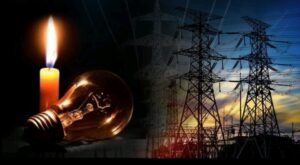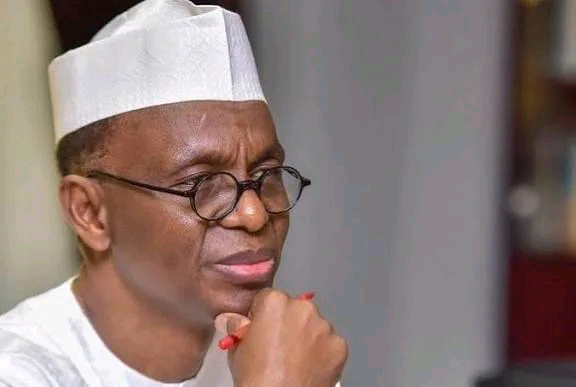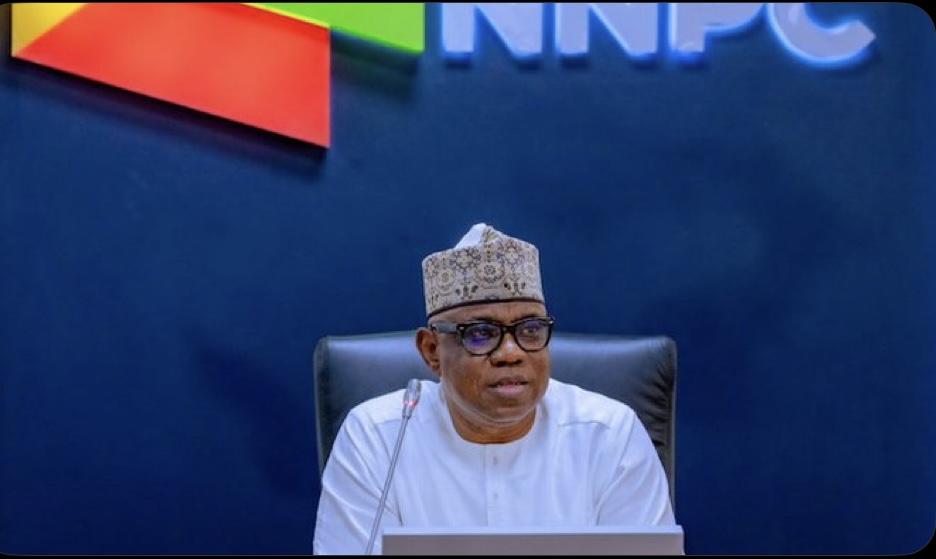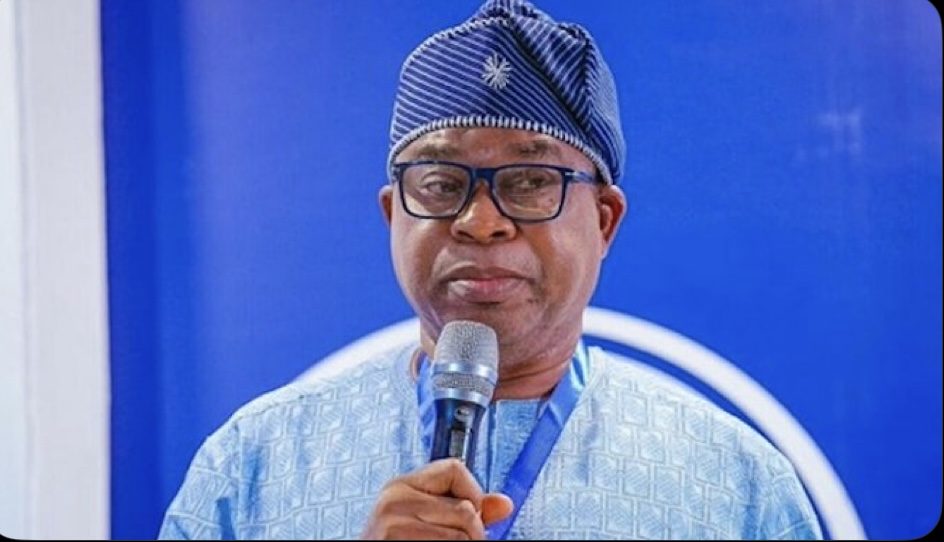Villages in Ondo and Kwara Ordered to Pay Substantial Amounts for Power Restoration
 Residents of Ipeme-Owo, located in the Owo Local Government Area, have been without electricity for over six months following the theft of their power lines in December 2024. Palace sources reveal that the electricity distribution company allegedly demands ₦10 million for replacements.
Residents of Ipeme-Owo, located in the Owo Local Government Area, have been without electricity for over six months following the theft of their power lines in December 2024. Palace sources reveal that the electricity distribution company allegedly demands ₦10 million for replacements.
This information surfaced during an investigation by Unfiltered Reporting in partnership with Accountability and Policy Monitoring, which was initially focused on other documentation at the Ipeme-Owo Palace when they discovered the extended power outage.
A palace aide informed the reporters, “They said unless we provide ₦10 million, nothing will be done.” He noted that the community has been entirely without power since last year.
This situation raises serious questions about the financial burden on rural communities to support essential power infrastructure, especially in light of ongoing electricity tariffs and estimated billing. Who establishes these charges? Why is there no swift response for stolen national infrastructure? And why are local communities expected to cover the costs of basic restoration?
Similar situations have been reported in other areas of the country. In Oke Aba, a rural village in Kwara State, residents indicated that they lost power earlier in 2025 when a pole collapsed due to rain and it remains unfixed months later.
One resident shared with the team, “We’ve been told we might have to pitch in money to repair it.”
These cases highlight a worrying trend in Nigeria’s underserved regions: when transformers fail, poles break, or wires are damaged, power companies often pass the accountability and costs onto the very customers they’re supposed to serve, while these assets technically belong to the electricity distribution companies under the privatization framework.
Senator Adams Oshiomhole recently criticized the 2013 privatization of Nigeria’s power sector, stating, “These companies are profiting from a service they do not deliver. When infrastructure fails, they demand that the same communities they bill monthly fix it.”
The Federal Government holds a 40 percent equity stake in the power distribution companies, yet residents in Ipeme-Owo and Oke Aba report no maintenance, support, or relief.
How long will these communities remain without power? Who is responsible for holding the power companies accountable? And what reforms, if any, are being considered to ensure that the most underserved citizens are not forced to pay for services they do not receive?







